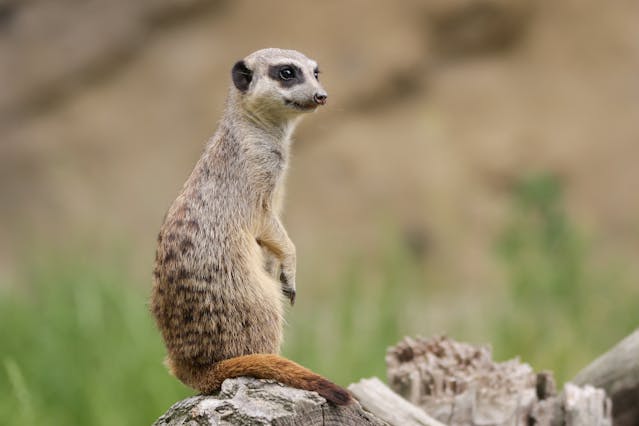
Is there such a thing as true altruism? It depends on how you look at it. You could say no because people benefit through feelings of pleasure, and animals benefit by furthering the gene pool. You could say yes because people and animals make sacrifices that don’t benefit them personally.
This is a very difficult question that has deep philosophical and psychological roots. There is no answer to it and it entirely depends on your point of view. It also depends on whether you are a romanticist or are just looking at the question from a biological standpoint. Let’s have a look at both arguments, starting with no.
The first argument is that altruism (at least among humans) makes us feel better. Studies of human brains have shown that when they commit altruistic acts, pleasure sectors of the brain are activated. Scientists put subjects in a functional magnetic imaging machine and watched their brains. When these people were doing altruistic actions the same part of the brain that is triggered when we eat or have sex was triggered, releasing a flood of chemicals that make us feel good. We may have evolved this reaction to altruism because it makes us more effective members of a group, and we have more chance of survival if we can live in groups. We also know that by being altruistic, the other members of our group will look upon us more favorably and will be more likely to help us when we are in a time of need. A group made up of altruistic people is more likely to last than a group made up of selfish people. As well as this, volunteering and altruism has been shown to decrease the chance of dying young. This might just be coincidence and that people who are healthier are more likely to volunteer, but it is interesting.
When it comes to animals, altruistic acts can help a whole species to survive, which ensures the survival of the genes. Animals are often pictured as being truly selfish and only looking for a way to pass on their own DNA. That isn’t always the case. Some animals will sacrifice themselves for the good of the colony or the herd. Bats have been known to regurgitate some of their food for other bats that haven’t managed to eat properly and bees will sacrifice to ensure the safety of the colony. It is often the case that the life of the colony is more important than one life. Interestingly, one example of altruism that is often given among animals is not actually altruistic. The meerkat is often used as an example because one meerkat will stand tall, keeping a lookout and signaling danger if it came, while the other meerkats eat, effectively putting themselves in harms way. However, it turns out that they are not being altruistic. Scientists filmed meerkats for 2,000 hours and they learned that the meerkat that stood on watch had already eaten and had a far higher chance of surviving because it would be the first to spot danger. In 2,000 hours, no lookout meerkat was ever killed.
It is said that all humans and animals that perform altruistic acts do a cost-benefit calculation before they act. They weigh up the costs to themselves of acting and the costs of not acting and then they decide whether to do something or not. For example, if you have money, then the cost-benefit of giving some money to a homeless person is pretty low and you are likely to act. However, if someone is standing in front of a bus, the cost-benefit of running out to save them is high and we are more likely not to act. We might reevaluate the cost-benefit if the person in front of a bus is a child rather than an elderly person.
What about the no side? Well, you cannot argue against any of the previous points. Everybody who does something altruistic is acting for a motive. Even people who sacrifice a lot, such as Mother Teresa, may be motivated by the thought of a later reward in heaven, or punishment in hell if they don’t act. But, you could argue that the reasons are irrelevant. Altruism means acting for the benefit of other people, often to our own sacrifice, and you can find examples of people doing this every single day. Even YouTubers who do good works to get more subscribers are ultimately helping people. And this is what I learned today.
Try these:
Sources
https://philosophynow.org/issues/112/Does_Altruism_Exist_by_David_Sloan_Wilson
https://en.wikipedia.org/wiki/Altruism
https://www.psychologytoday.com/intl/blog/hide-and-seek/201203/does-true-altruism-exist
https://aqua.org/stories/02-21-2020-are-animals-altruistic
Photo by Matthias Kramer: https://www.pexels.com/photo/photo-of-a-meerkat-3939569/
